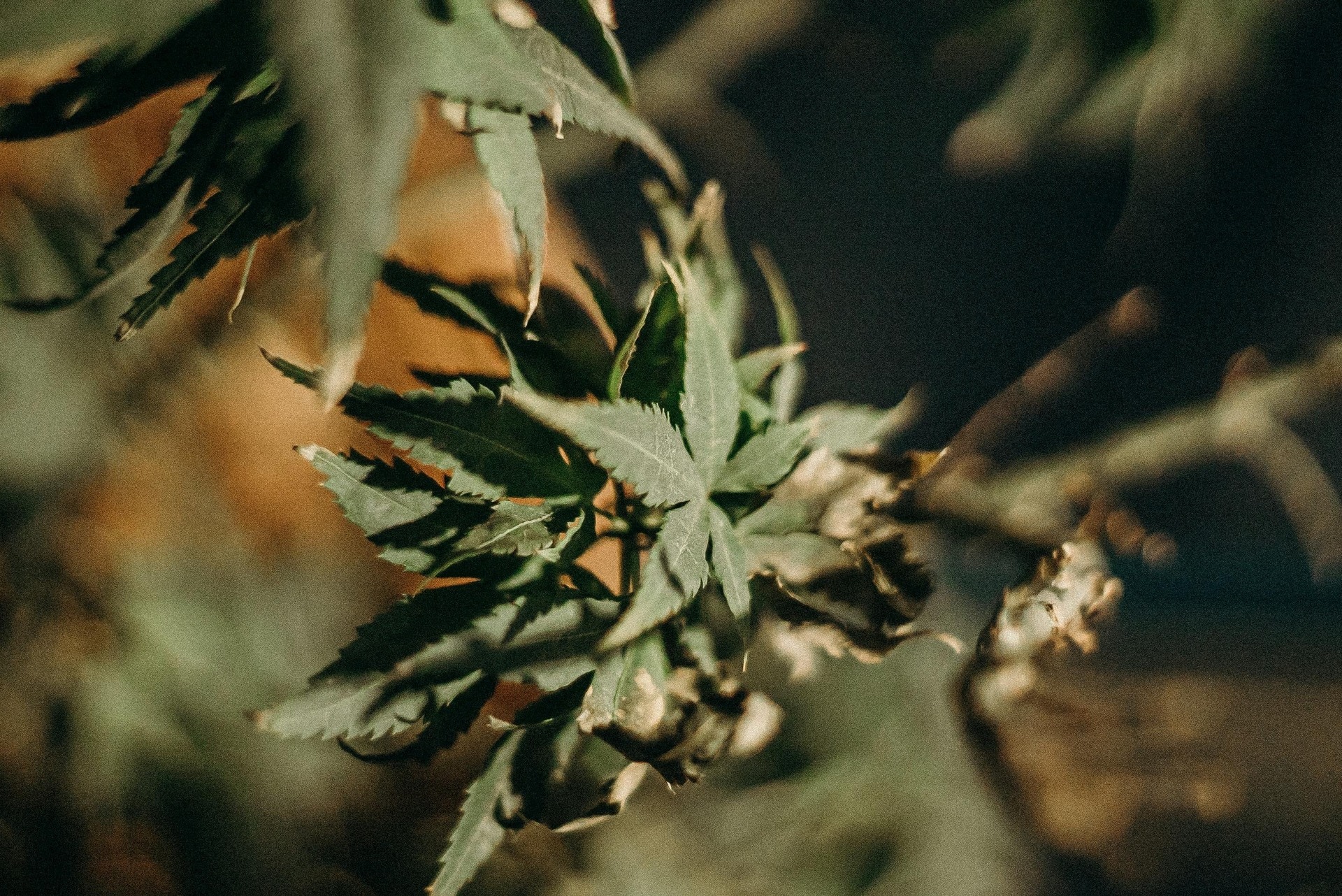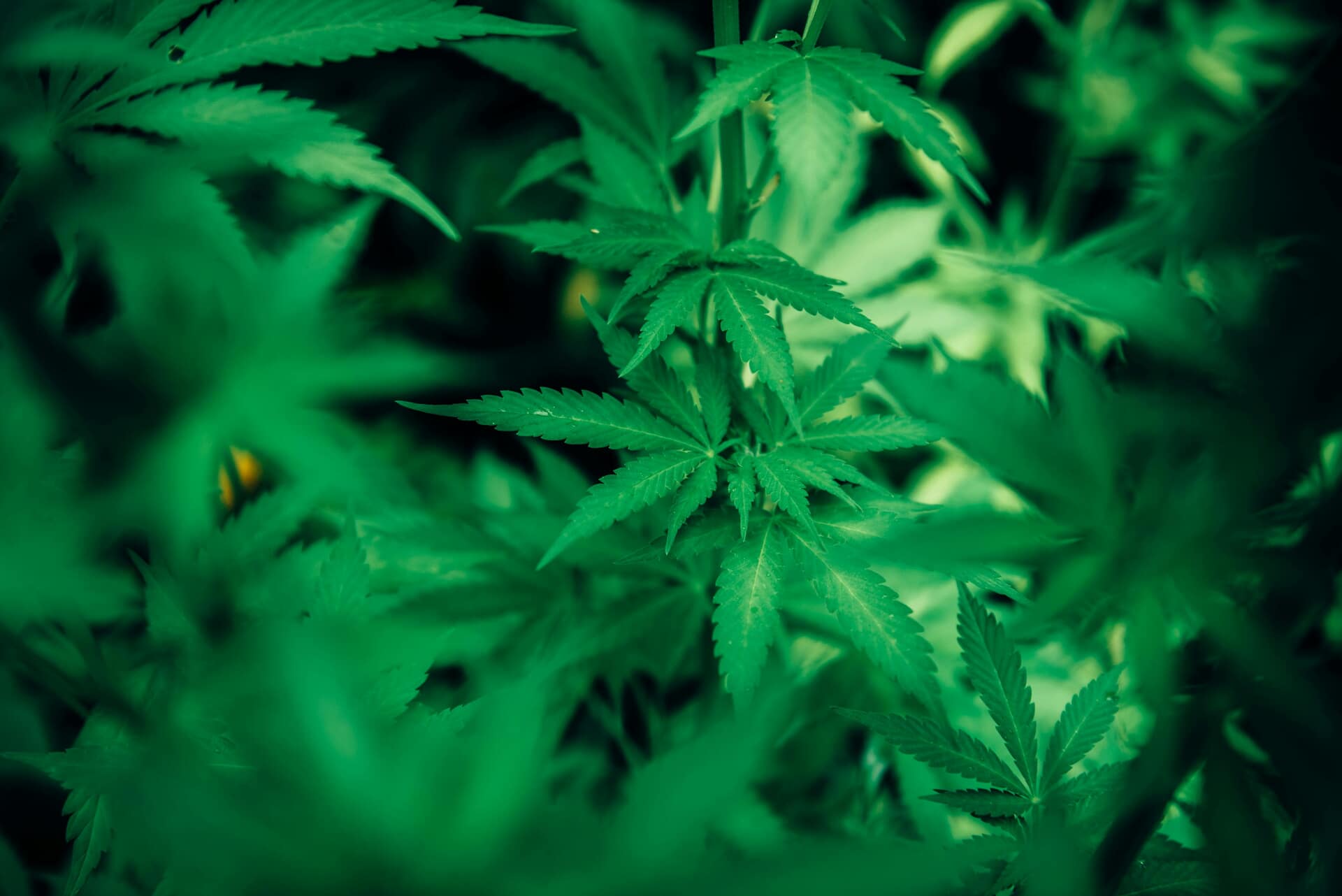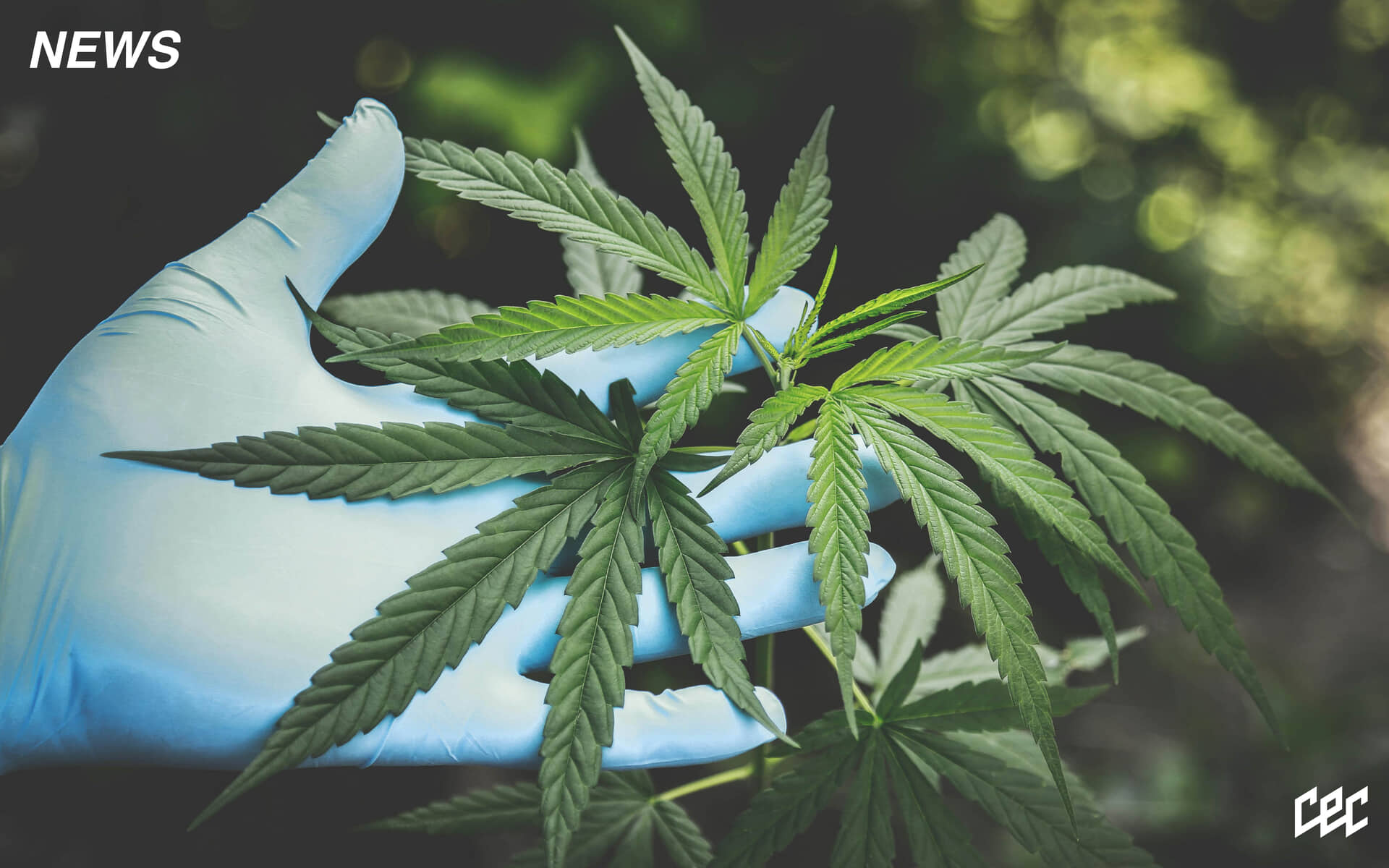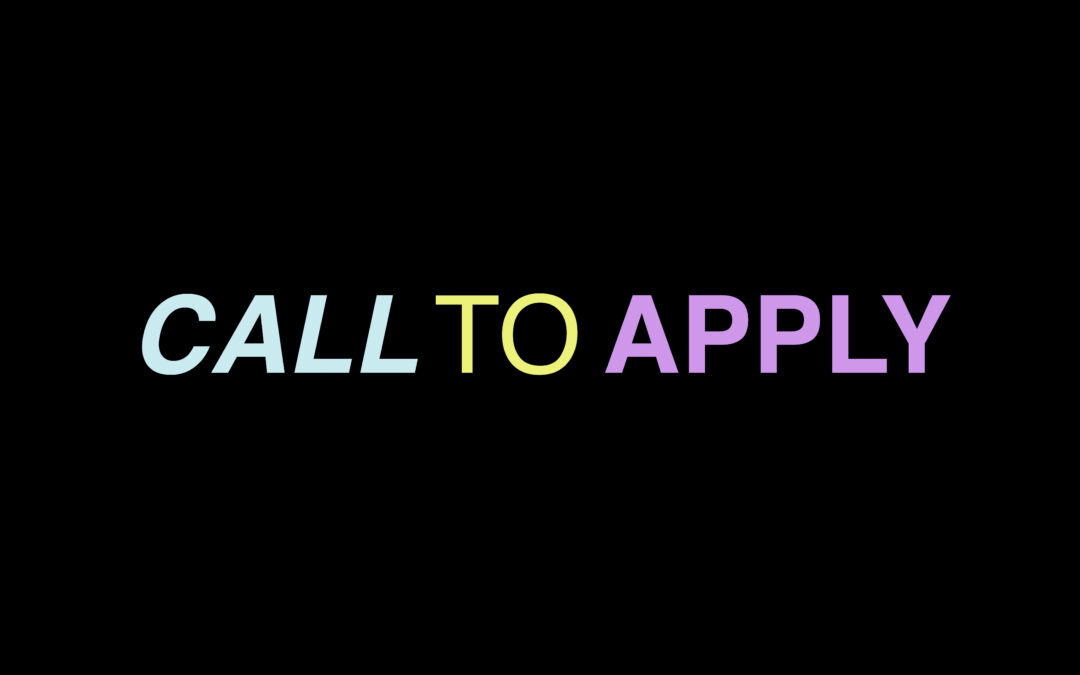The South African government has reversed its abrupt proposal to ban food products containing cannabis and hemp, offering a lifeline to an emerging industry that stood to lose thousands of jobs and billions in potential revenue. The now-retracted regulations, issued without prior public engagement, triggered backlash from civil society groups, cannabis producers, and business owners.
Initially published, quietly so, in a government Gazette in early March 2025, the regulations were rolled out without the three-month public comment period required by the Foodstuffs, Cosmetics and Disinfectants Act of 1972. The Department of Health offered no urgent justification for bypassing this process, sparking widespread accusations of procedural misconduct. This comes after a protracted fight in the country for many years to bring cannabis to the fore as a powerful and legitimate addition to our economy.
Civil society organisation Free SA was among the first to oppose the regulations, threatening legal action alongside licensed stakeholders in the hemp and cannabis sectors. The Democratic Alliance estimated the ban would have impacted around 1,800 enterprises — including 1,400 licensed hemp farmers and 400 small businesses — effectively dismantling a rapidly growing ecosystem.
The decision to rescind the regulations aligns with President Cyril Ramaphosa’s 2025 State of the Nation Address, where he reiterated his goal of positioning South Africa as a key global player in the legal cannabis and hemp economy. This shift builds on the Cannabis for Private Purposes Act, passed in May 2024, which permits adults to privately cultivate, possess and use cannabis.

Imagery by Cottonbro Studio, via Pexels

Imagery by Harrison Haines, via Pexels
However, commercial activity remains restricted. Cannabis is legally classified based on its THC (tetrahydrocannabinol) content— any product containing more than 0.2% THC is considered cannabis, while hemp refers to low-THC components such as seeds, roots and stalks. The Department of Health had cited child safety as a motivation for the ban, referencing cases where cannabis-laced edibles had been consumed by minors; however, critics argued the decision was overly broad, punishing an entire sector instead of targeting specific risks through tighter, more precise regulation.
Western Cape’s Agriculture Minister Ivan Meyer warned that the ban threatened to derail an industry valued at R28-billion, which could create as many as 25,000 new jobs. He also highlighted the potential loss to the informal wellness market— a growing space in which businesses sell low-THC, cannabis-infused products under the framework of agri-processing and wellness, thanks to a legislative grey area.
This controversy illustrates the uncertainty still facing South Africa’s cannabis sector. While personal use is decriminalised, commercial frameworks remain undeveloped, leaving entrepreneurs to navigate a fragmented and precarious legal landscape.
The journey towards cannabis reform in South Africa has been hard-won. The fight gained traction with the landmark 2018 Constitutional Court ruling decriminalising private use. This pivotal moment paved the way for the Cannabis for Private Purposes Act— but without comprehensive commercial legislation, businesses remain in limbo, reliant on legal loopholes and inconsistent enforcement.
The numerous Cannabis cafés cropping up in South Africa operate under a legal loophole by structuring themselves as private clubs rather than public businesses. Members join the club by paying a fee, which grants them access to cannabis that is grown and shared collectively for private use— technically within the bounds of the Constitutional Court’s 2018 ruling allowing personal cultivation and consumption. As the cannabis is not sold commercially but shared among consenting adults in a private setting, these clubs avoid directly violating current commercial cannabis laws.
Though the recent government U-turn offers temporary stability, it also exposes the urgent need for robust, consultative cannabis legislation that can unlock the industry’s economic potential while safeguarding public health. Until then, the cannabis community continues to operate in a space marked by progress— but also profound legal uncertainty that evidently could be threatened at any time.
For more news, visit the Connect Everything Collective homepage www.ceconline.co.za














